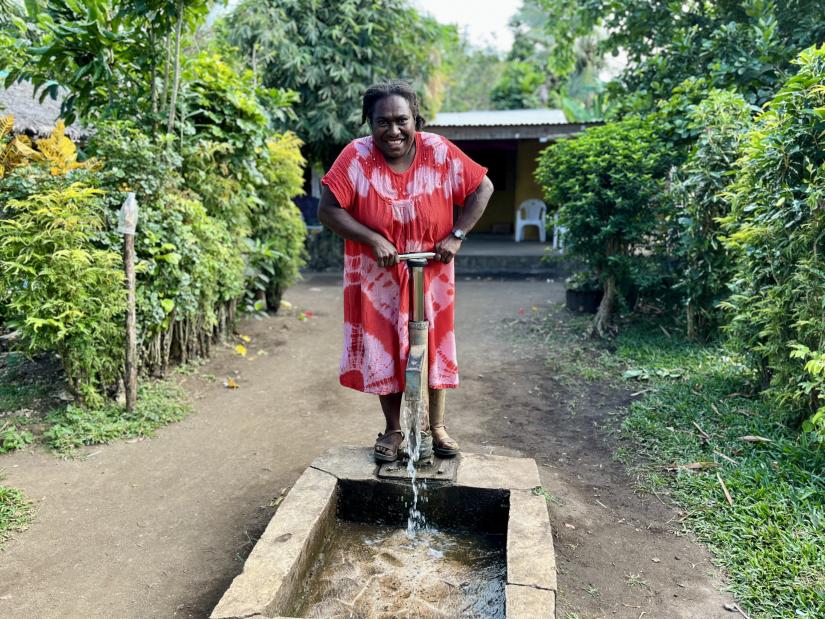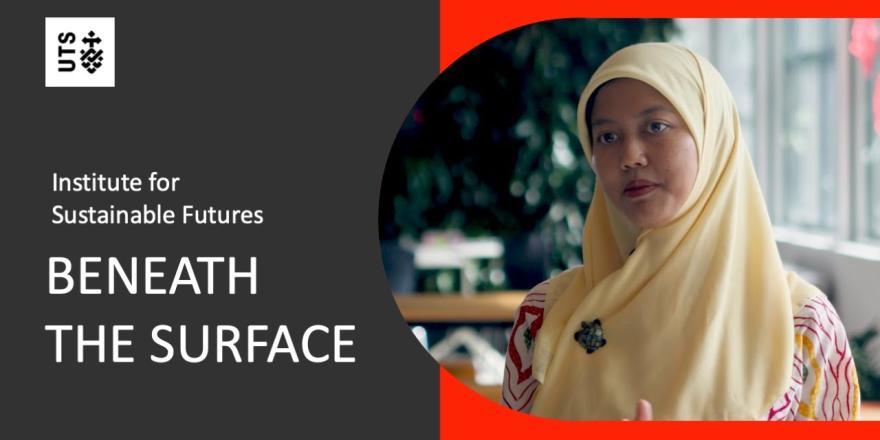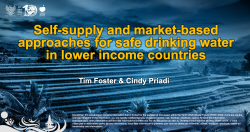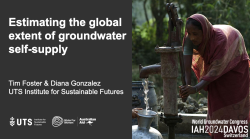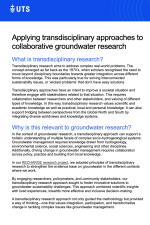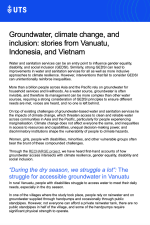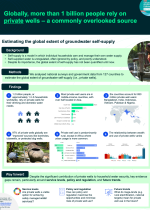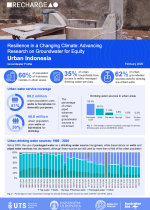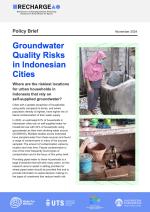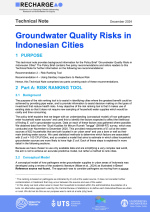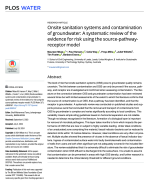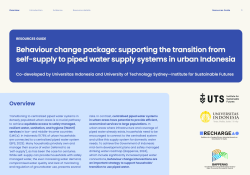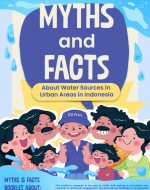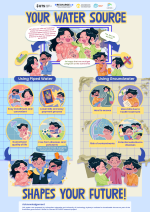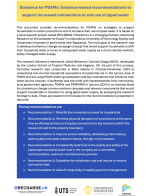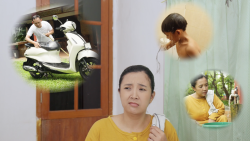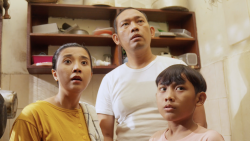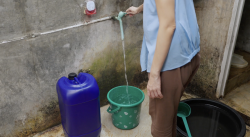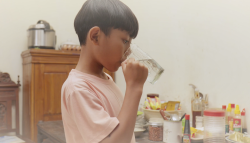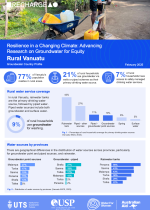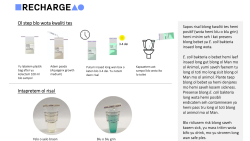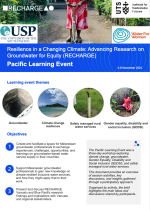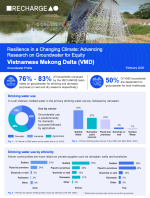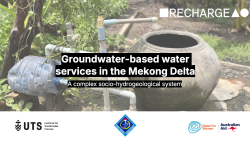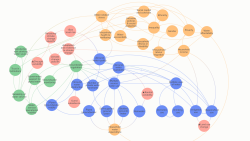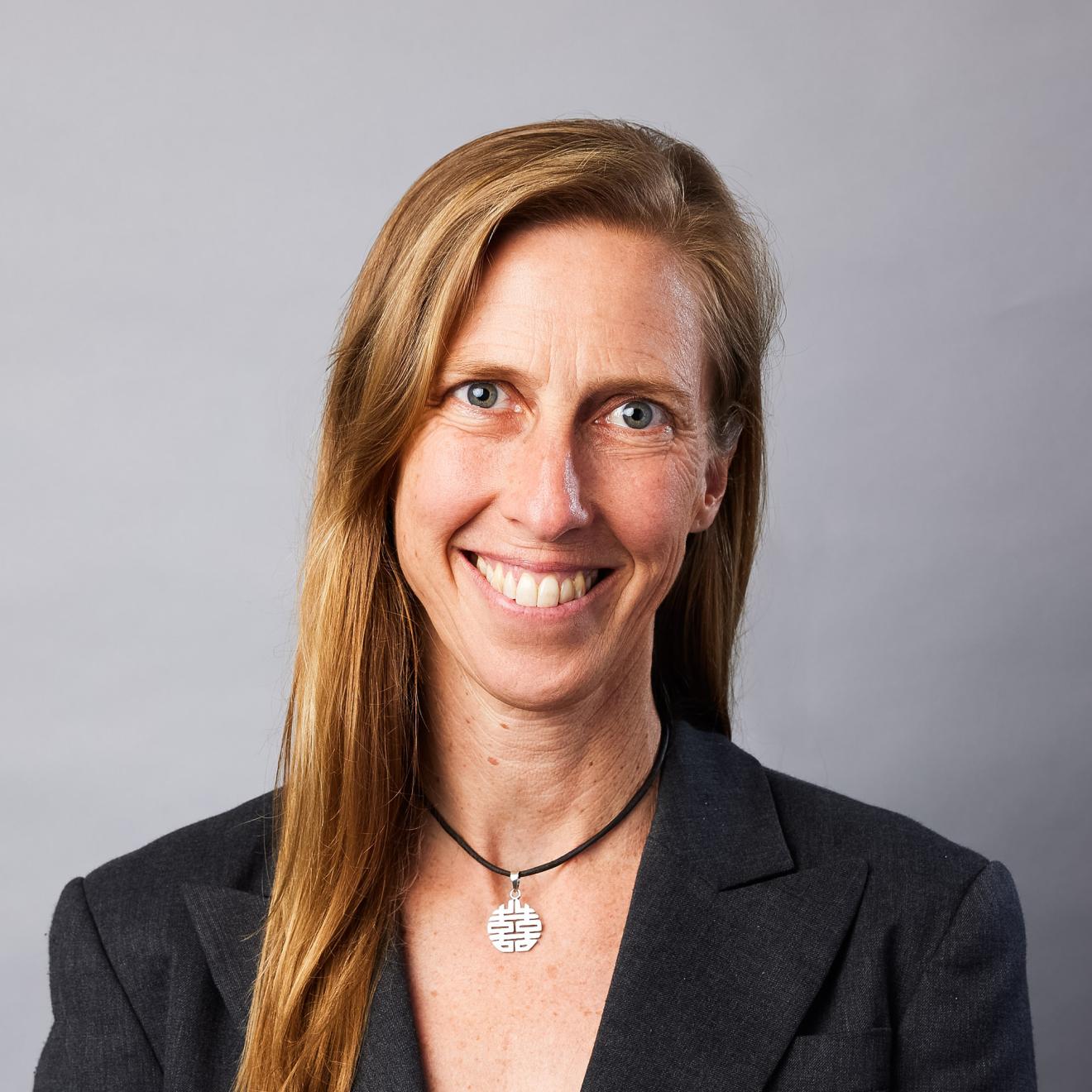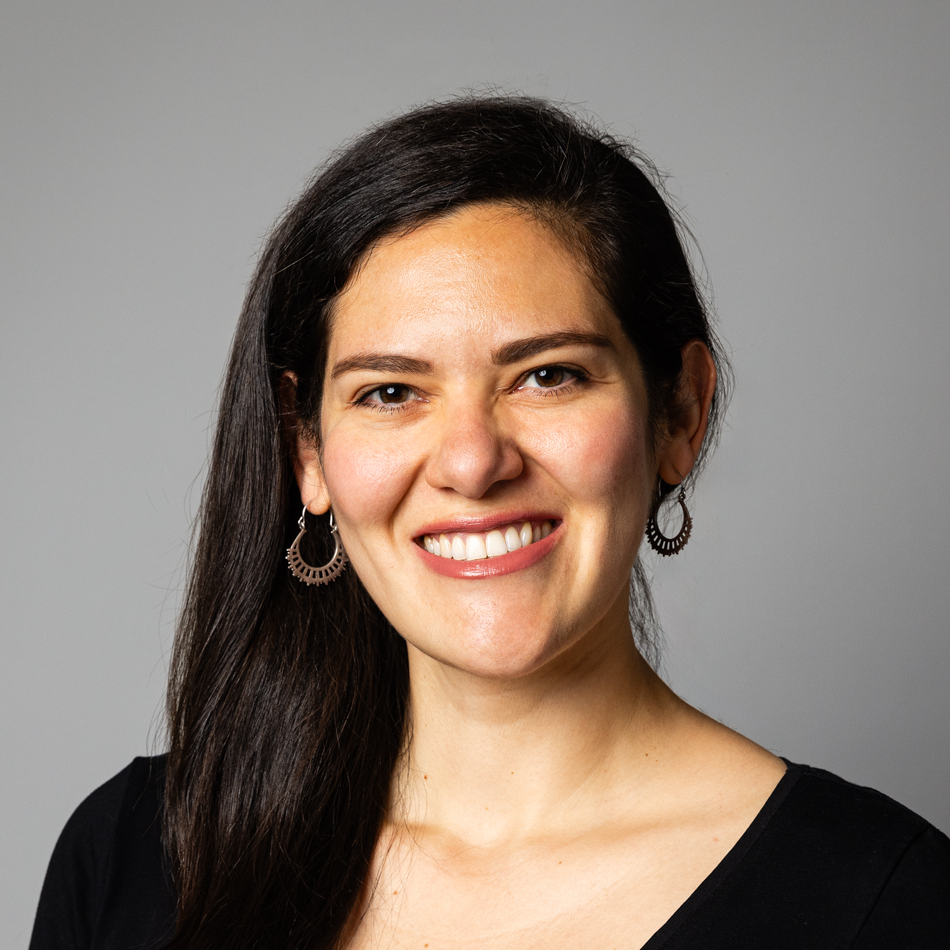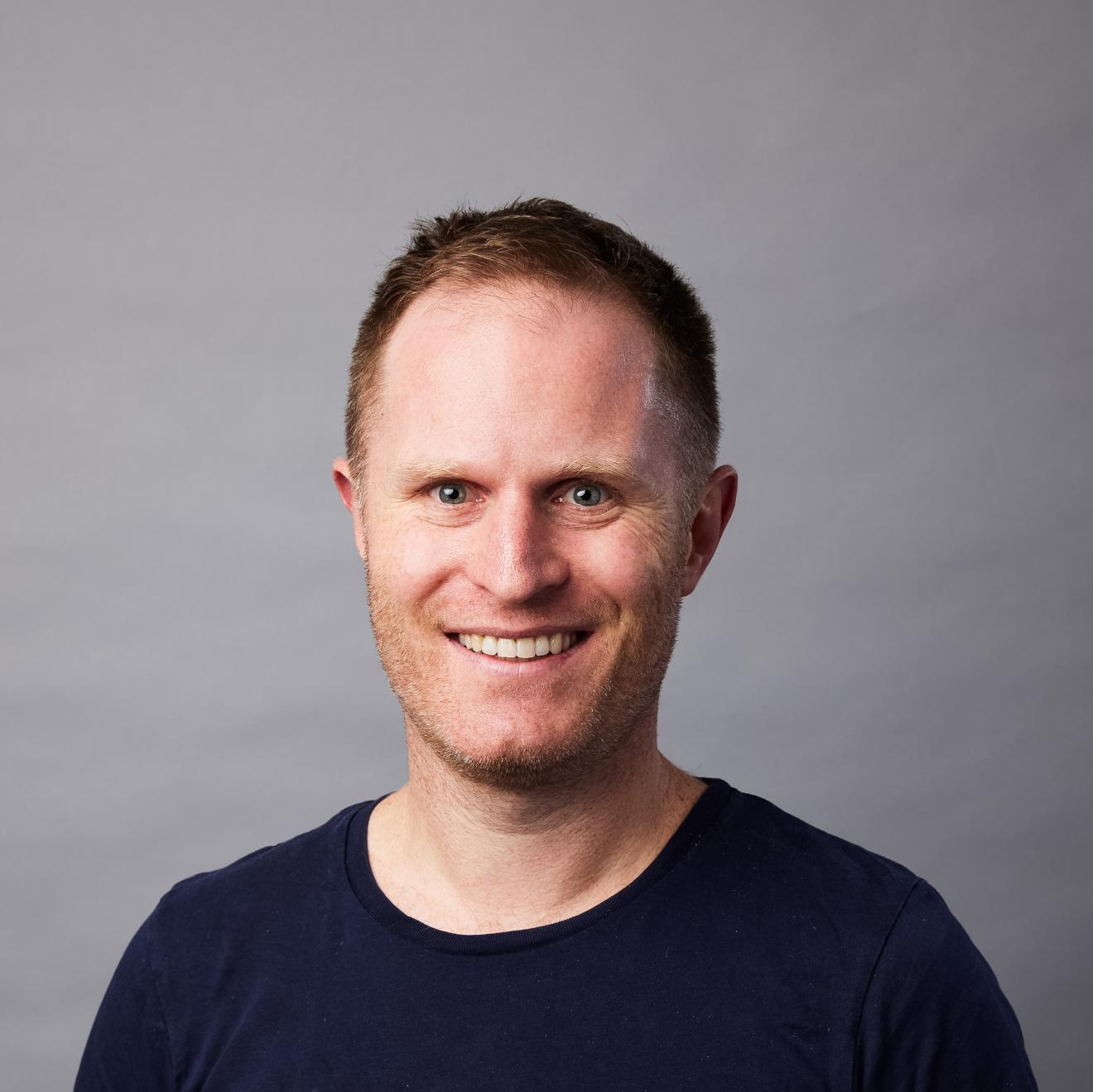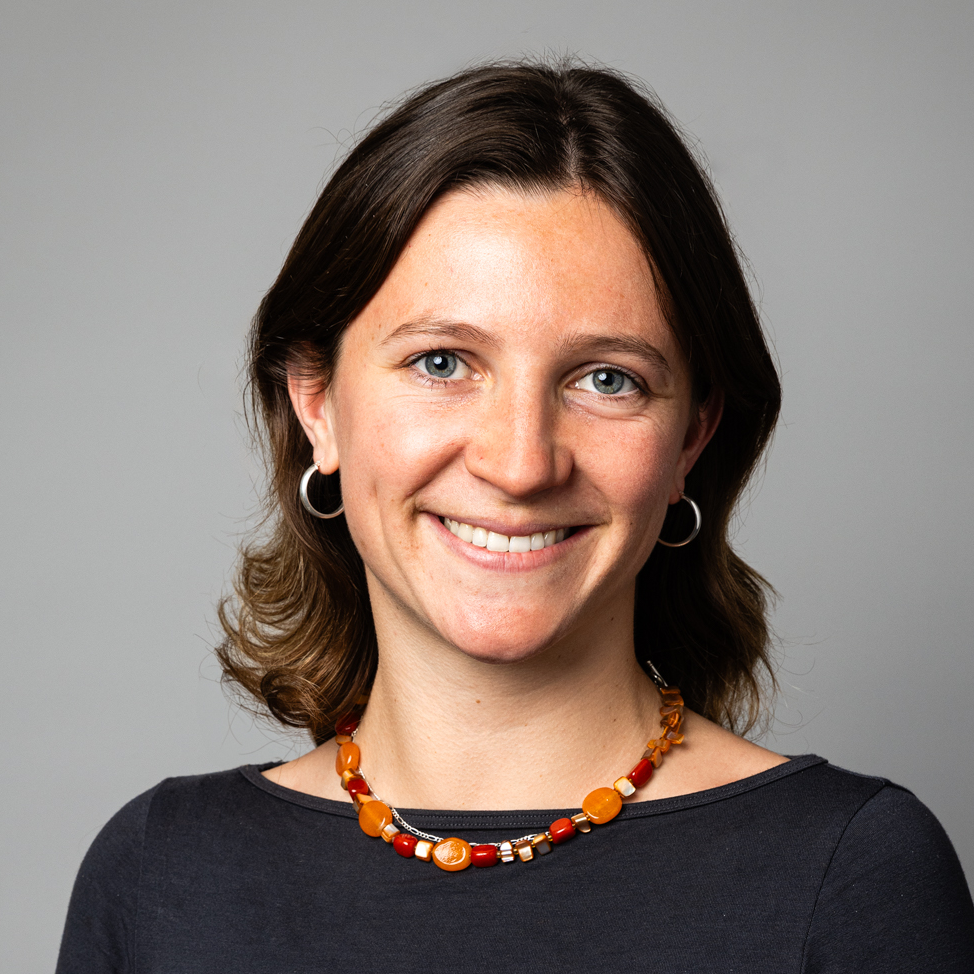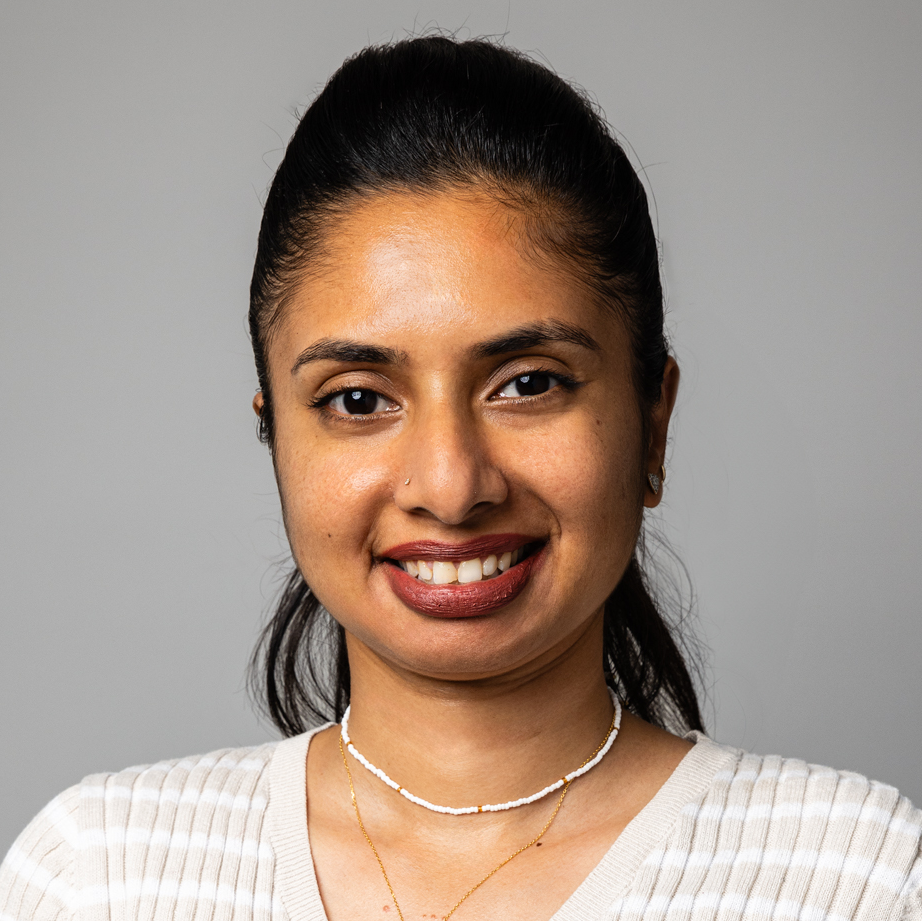There is an urgent need to better understand the potential of groundwater and how it can be sustainably managed to help combat the climate crisis and ensure equitable access to safe water for all. RECHARGE is exploring the ways groundwater can be harnessed and protected to make WASH services safer, more climate resilient and inclusive. In partnership with Universitas Indonesia, Can Tho University, and the University of the South Pacific, this transdisciplinary research project is being carried out in Indonesia, Vietnam and Vanuatu.
In Indonesia, the research focuses on reducing groundwater quality risks in densely populated urban areas, particularly linked to climate and sanitation.
In Vanuatu, the research examines how groundwater can underpin equitable, resilient water services in rural island communities, and support learning exchange with the wider Pacific region.
In Vietnam, the research takes a systems-wide perspective on groundwater-based water services in the Mekong Delta. Characterising complex system interactions enables the identification of connections, feedback loops and strategic points of intervention towards climate-resilient, inclusive, safely managed water services.
The research is building critical new knowledge to help policymakers, practitioners and communities maximise opportunities and overcome barriers to climate-resilient and inclusive groundwater development.
BENEATH THE SURFACE: Groundwater for Climate-resilient Communities in Asia and the Pacific
Outputs
-
Self-supply and market-based approaches for safe drinking water in lower income countries (2024)
(Presentation brief) -
Estimating the global extent of groundwater self-supply (2024)
(Presentation) -
RECHARGE conference poster (2025) (Poster)
Indonesia – Urban groundwater quality risks
Indonesia – Behaviour Change Package
-
Moving towards piped water supply systems in urban Indonesia: video appealing to convenience
(YouTube, English subtitles) -
Moving towards piped water supply systems in urban Indonesia: video appealing to cost-efficiency
(YouTube, English subtitles) -
Moving towards piped water supply systems in urban Indonesia: video appealing to nurture
(YouTube, English subtitles) -
Moving towards piped water supply systems in urban Indonesia: video appealing to safety
(YouTube, English subtitles)
Vanuatu component outputs
-
Factsheet - groundwater profile of Rural Vanuatu (2025) (Factsheet)
Vietnam component outputs
-
Factsheet - groundwater profile of the Vietnamese Mekong Delta (2025) (Factsheet)
-
Groundwater-based water services in the Mekong Delta (2025) (Report)
-
RECHARGE systems map (2025) (Map)
Researchers
-
Professor and Research Director
-
Research Director
-
Senior Research Consultant
-
Research Director
-
Research Principal
-
Research Assistant
-
Research Consultant
-
Senior Research Consultant
Year
- 2023-2024
Client
- GHD - DFAT Water for Women Fund
Partners
- Can Tho University
- The University of the South Pacific
- Universitas Indonesia
SDGs
This project is working towards UN Sustainable Development Goals 6 and 13.


